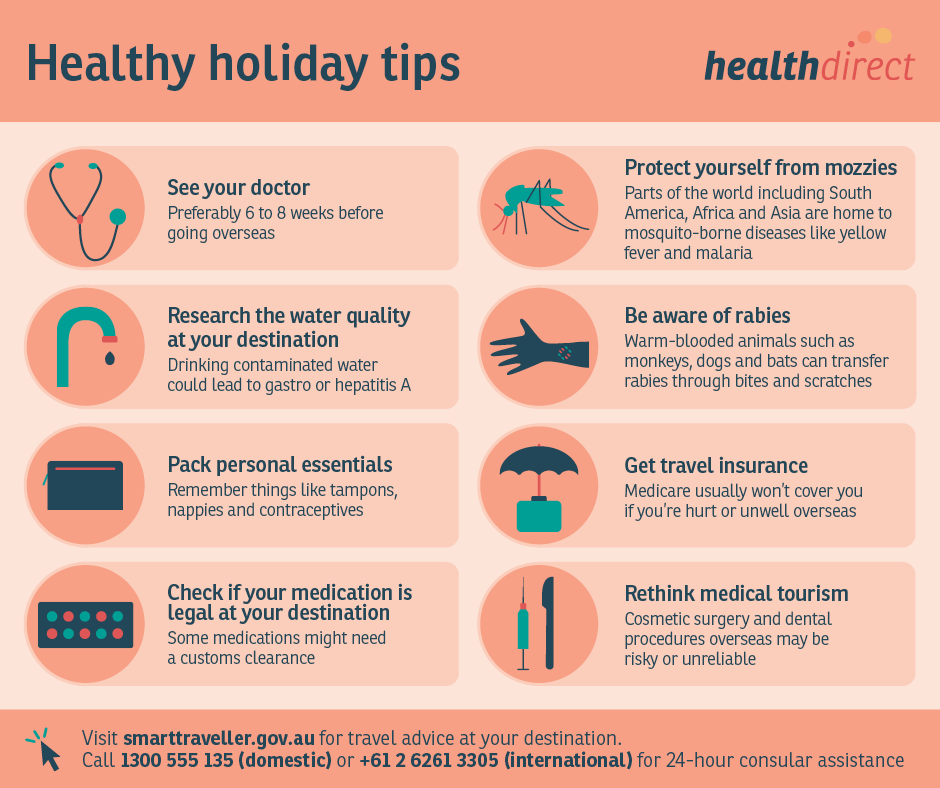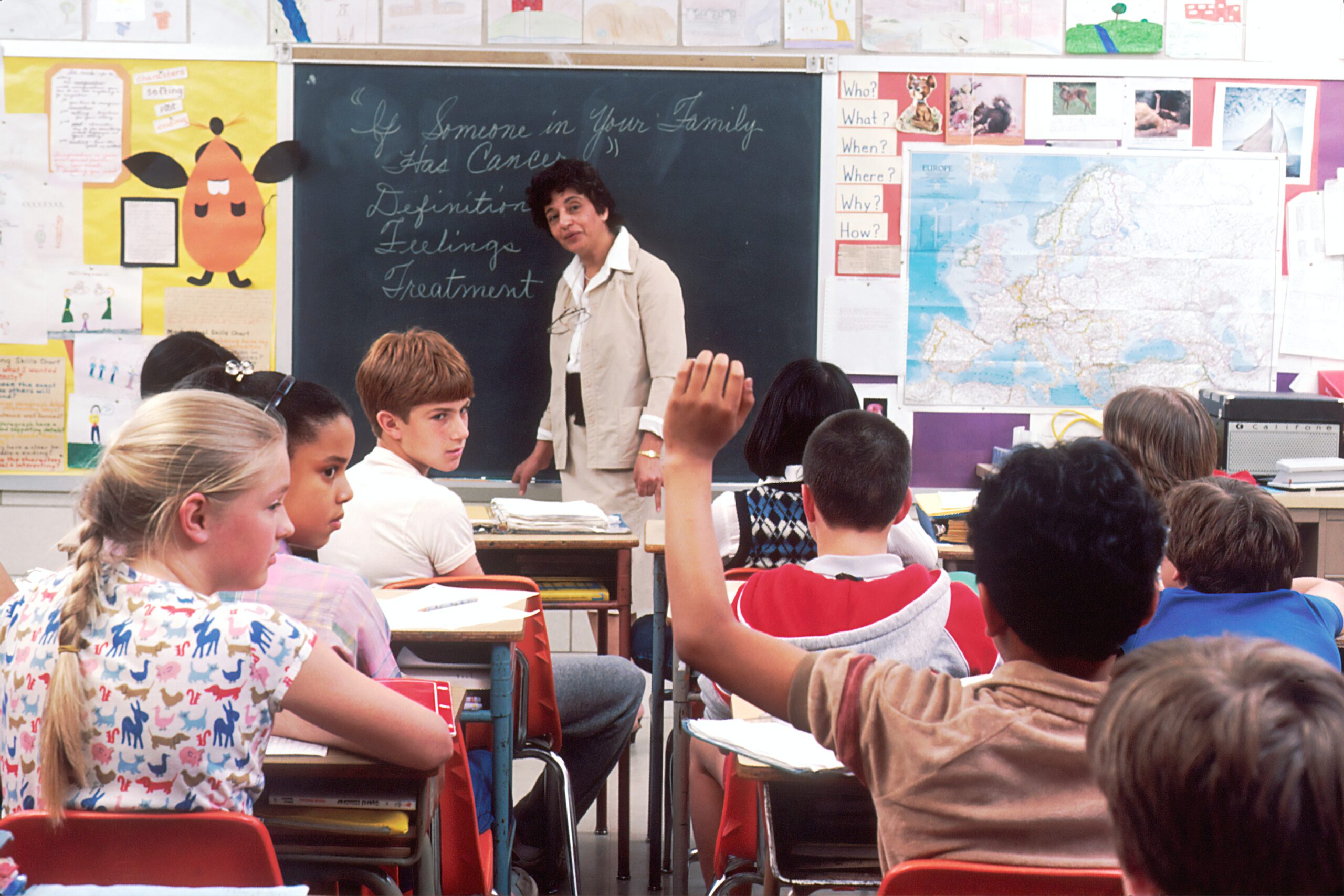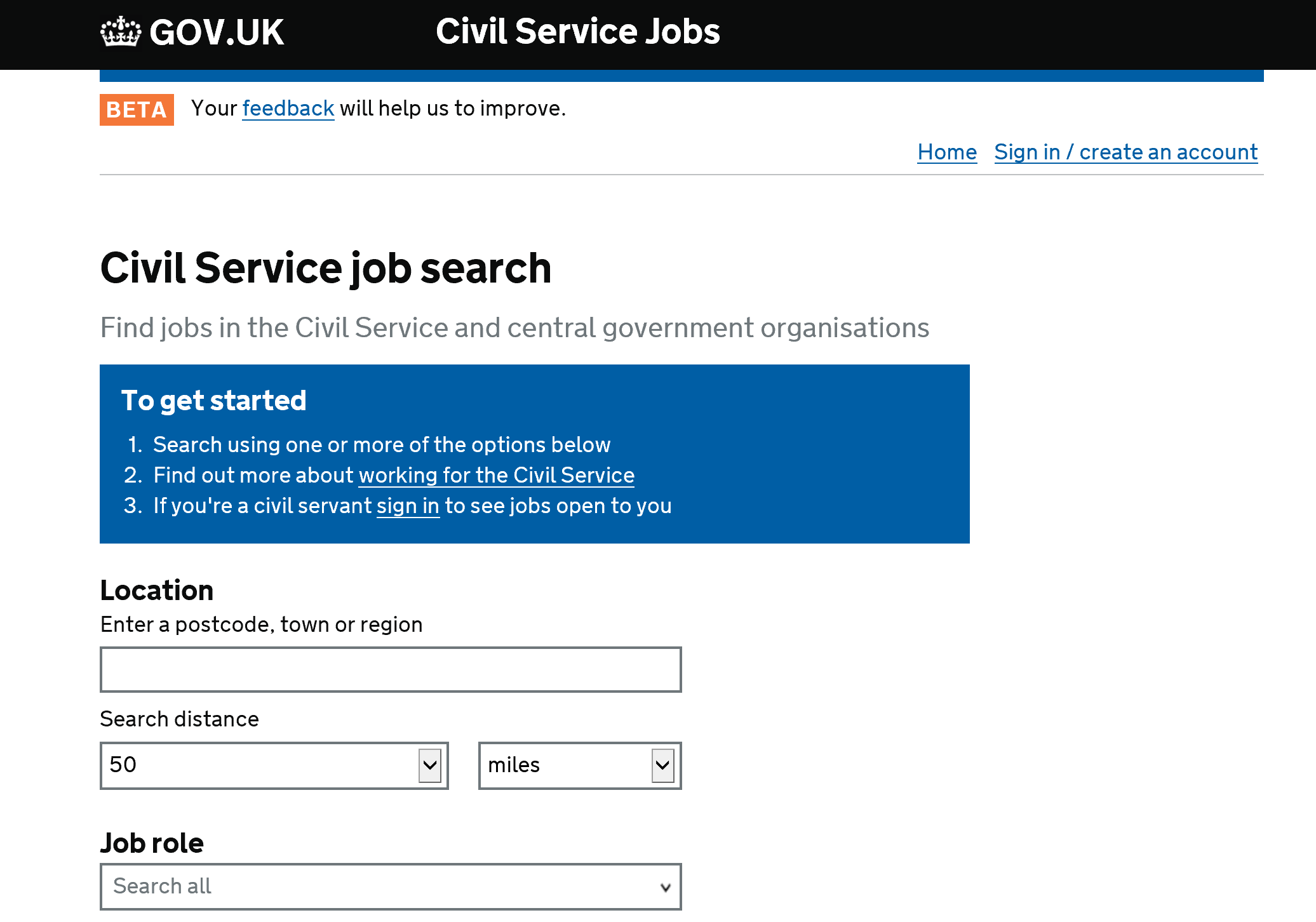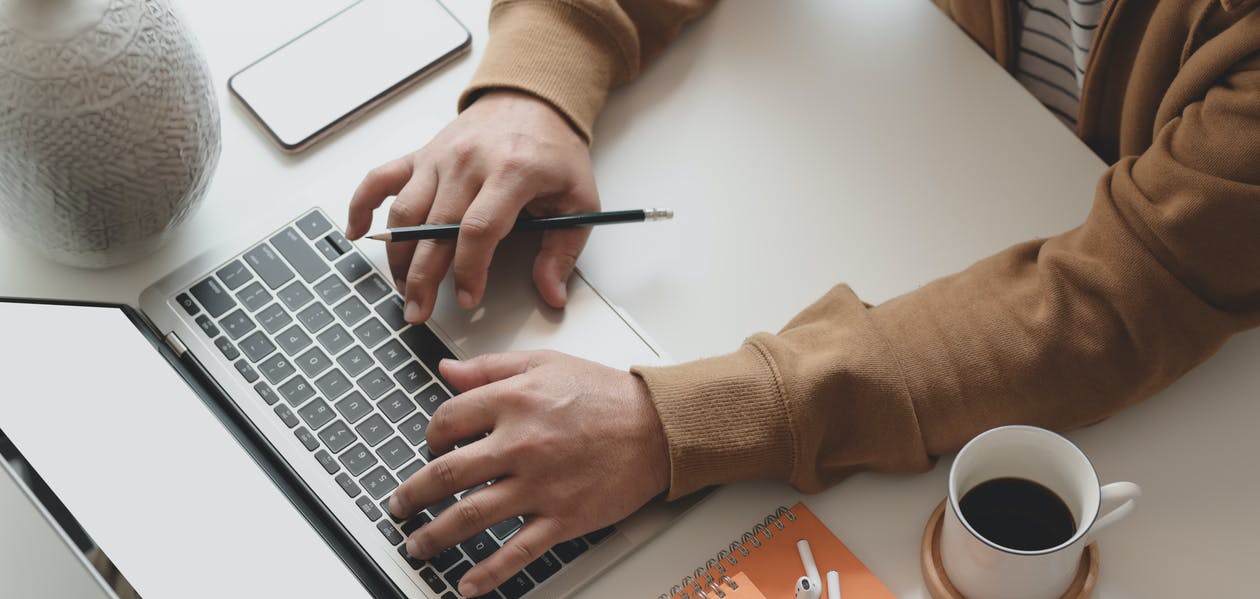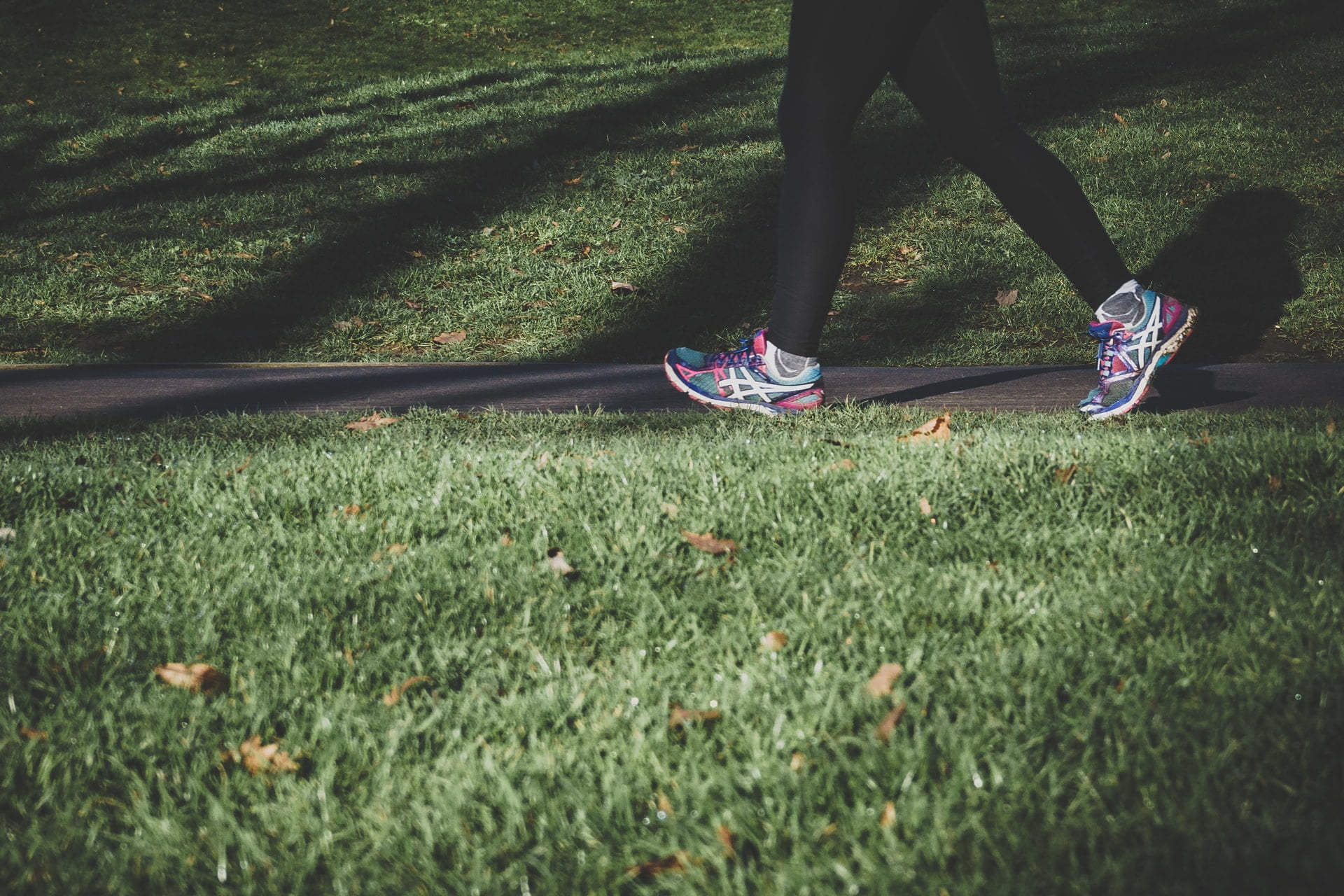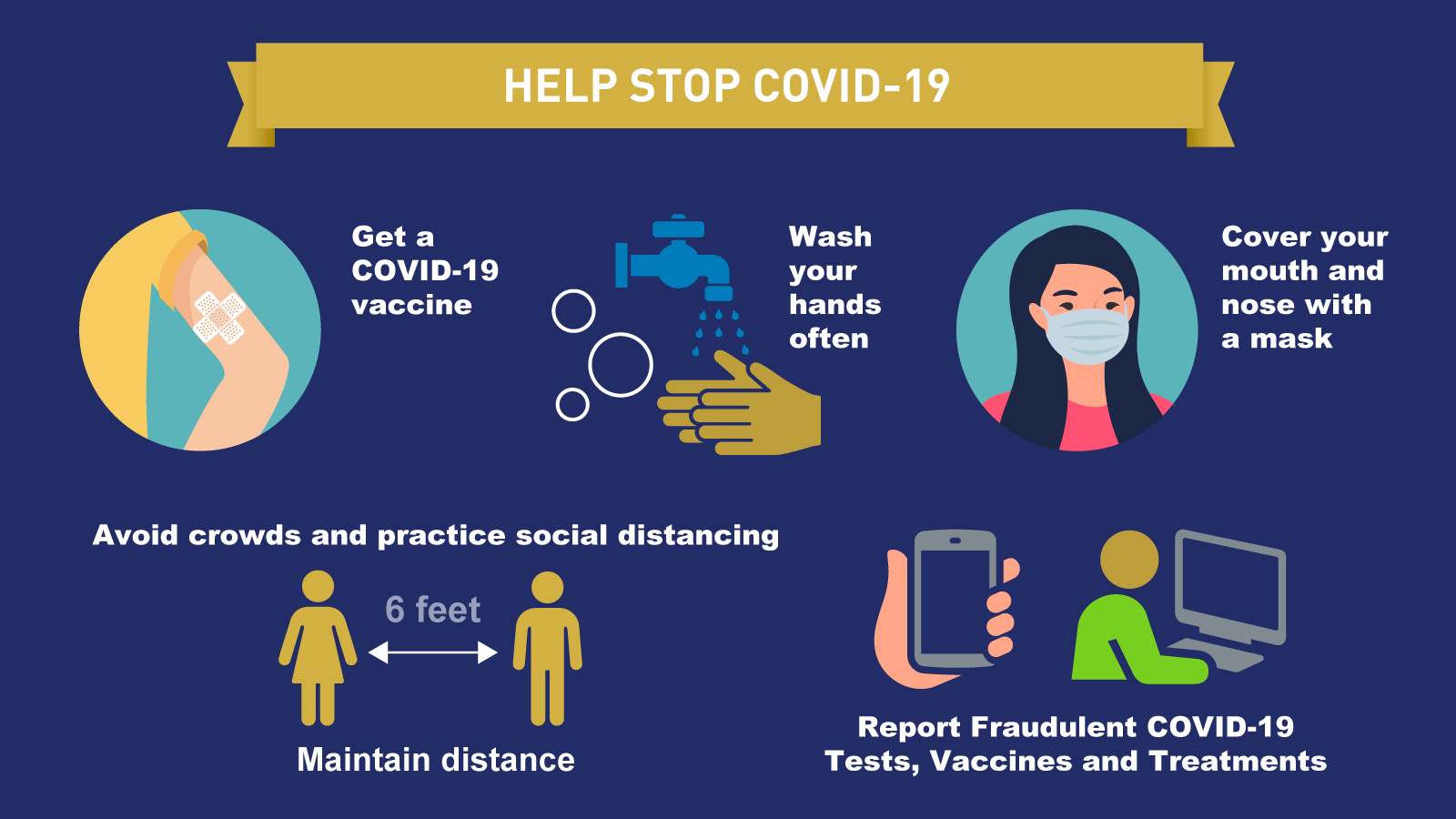
With the nouveau virus COVID 19 affecting the lives of many Canadians, many people have a lot of unanswered questions about it.
However, with research underway, we can only strive to keep safe. As we can all relate, family and relatives are the only things that have been keeping us going during these difficult times of self-isolation and quarantine.
With many people undergoing stress, depression, uncertainties, it is only fair that you practice the following simple measures to keep safe and protect your family as well.
Wearing a Face Shield

Face shields offer a variety of advantages over the facemask such as shielding your eyes which can be an entry point of the virus. A face shield also reduces the risks of you touching your face from time to time using your hands which may have picked the virus from surfaces.
According to research, when we speak, we release both large and very fine aerosols into the air unknowingly. While wearing a face mask protects you from the droplets, face shields are 10 times more effective against fine aerosols than the face mask. Nevertheless, wearing a face mask and a face shield at the same time will offer you 100% protection from the virus.
Moreover, face shields are more convenient in that a quality Faceshield thanks to face shield Canada is reusable. While medical masks have limited durability and little potential of reprocessing, you can carefully wash a face shield with soap and water or household disinfectant. Again, people wearing facemasks always find themselves removing them to communicate with people around them which is not possible with a face shield. If you have a problem with wearing a face mask, a face shield is a better option to keep safe and protect your loved ones.
Ensure you always have a face mask on when you are in public

Following the rapid spread of COVID 19, the government recommended that everyone should have a face mask on when in public. It is one way of protecting yourself and those around you.
COVID 19 spreads through cough droplets that can remain on surfaces and particularly in the air for at least 24 hours. Wearing a face mask protects your nose and mouth from the COVID 19 droplets that may still be in the air.
In addition to that, we are prone to touching or face particularly eyes, mouth, and nose unconsciously during any time of the day. Your hands may have come into contact with a surface that has COVID 19 droplets and touching your face exposes you to contracting the virus, so, wearing a face mask comes in handy as your mouth and nose which are the entry points are covered during such cases.
The importance of social distancing

Social distancing remains a critical way to mitigate the spread of COVID 19 in Canada and other parts of the world. Since cough or sneezing droplets do not travel more than 6 feet from the source, ensure you keep a distance of 6 feet or more from the next person.
Furthermore, teach your family members and always remind them to keep a 6 feet social distance with people in public. COVID 19 infected people can either be symptomatic or asymptomatic. You can’t know who the carrier of the virus is, so keeping a distance is the only way to protect yourself. Again, do not presume that since you have a face mask or shield, you will not contract the virus. That is not the case. Apart from wearing a face mask or face shield ensure you keep a distance.
Washing hands or sanitizing as often as you can

COVID 19 virus can remain on different surfaces for incredibly long than we can imagine. While we are prone to touching surfaces from doorknobs, to bus /train handles, counters etc., it is only advisable that you keep washing your hands thoroughly with soap and running water from time to time.
If you are traveling, ensure you carry with you a sanitizer that has at least 70% alcohol for disinfecting your hands when you touch surfaces in public. Avoid touching your mouth, nose, eyes, or face as much as you can.
At home, ensure you do regular cleaning with soap, detergents, and disinfectants, especially on surfaces and objects that your family touches often. They include doorknobs, light switches, tables, countertops, cabinet handles, fridge handles and every surface that is prone to the virus. Remember to wash stuffed animals and other toys as well in warm water and dry completely. Cleaning surfaces and objects thoroughly with soap and water kill the virus; therefore, that is a way to protect your family.
Encourage the family members to regularly wash hands before eating food, after touching surfaces, after using the bathroom, after touching pets, after sneezing and coughing. Train them to cough or sneeze into the elbow or disposable tissue papers.
Protect vulnerable family members and relatives
Although everyone is prone to contracting COVID 19, there are specific groups that are at more significant risk of contracting the virus. They include the elderly such as our grandparents, people with underlying chronic medical conditions such as HIV/AIDS, asthma, tuberculosis, hypertension, diabetes, and generally people with compromised immune systems.
If you have a family member, relative in either of the category, ensure you maintain a social distance with them if you go outdoors and in public more often to avoid bringing them the virus at home. In addition to that, choose phone or video calls over visits and offer to do their grocery shopping instead of them going out in public. Enlighten them about the virus and train them on the safety measures they can practice keeping safe.
It’s better to avoid playdates
With schools being closed and most of the kids and family members staying at home, they may miss friends and relatives. It is not a safe time for traveling or gathering or meeting other people. Although children are the least affected by the virus because they have a robust immune system, they may carry the virus without symptoms spreading it to other people.
Kids are not good at practicing social distancing, so ensure they stay at home. Video calls can be a fun way to get in touch with their friends.
The bottom line
As we wait for the discovery of a vaccine, you must practice the safety measures to keep the virus at bay and stay at home if you can.



